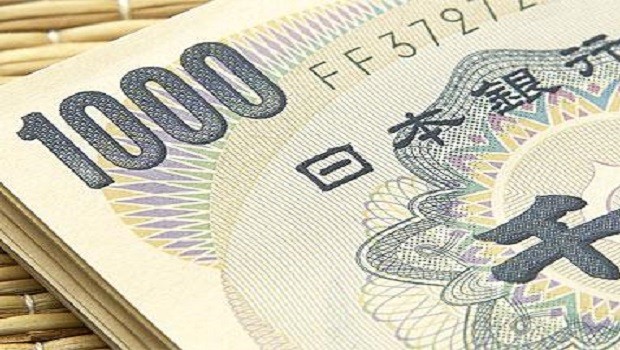Asia report: Stocks mixed with Japan, China monetary policy held steady

Stocks closed in a mixed state in the Asia-Pacific region on Wednesday, as markets in China returned from an extended long weekend.
In Japan, the Nikkei 225 was down 0.67% at 29,639.40, as the yen weakened 0.26% against the dollar to last trade at JPY 109.51.
Automation specialist Fanuc was down 2.78%, while among the benchmark’s other major components, fashion firm Fast Retailing rose 1.78% and technology conglomerate SoftBank Group was 1.9% firmer.
The broader Topix index was 1.02% weaker by the end of trading in Tokyo, settling at 2,043.55.
Japan’s central bank kept its monetary policy on hold in its latest decision, with its short-term interest rate target remaining at -0.1% and the 10-year government bond yield goal at 0%.
The Bank of Japan described private consumption as remaining “stagnant” and the country’s income and employment situation as “weak” amid ongoing downward pressure on the consumption of services.
Miguel Chanco, senior Asia economist at Pantheon Macroeconomics, said the question of demand was key to the bank’s new ‘Climate Response Financing Operation’.
“As we suggested, [governor] Kuroda expects demand ultimately to be large,” Chanco noted.
“We think this will become a primary plank of monetary policy for a central bank where conventional policy tools have been exhausted.”
On Evergrande, Kuroda noted that markets were “nervous”, and offered reassurances that the Bank of Japan would continue to monitor market changes and any spillover.
“He suggested that GDP growth in China will hold up, showing a confidence that we think is sorely misplaced,” Miguel Chanco said.
“The governor sees the Evergrande problem as industry specific - the issue is that the industry in question accounts for as much as 25% of GDP in a major economy.
“We already expected three quarters of weak growth in China, even before the Evergrande saga began to crystallise.”
Chanco said Pantheon would now be revising down its China forecasts for next year, with relevant implications for Japanese growth.
On the mainland, the Shanghai Composite was up 0.4% at 3,628.49, while the smaller, technology-heavy Shenzhen Composite lost 0.25% at 2,440.05.
Sentiment around the Chinese property sector was given a slight boost during the session, after embattled development giant China Evergrande confirmed its Hengda division would make a coupon payment due on its domestic bonds on Thursday.
The People’s Bank of China stood pat on its benchmark interest rates, meanwhile, holding the one-year loan prime rate at 3.85% and the five-year rate at 4.65%, in line with market expectations.
It also plunged a large amount more liquidity into markets through reverse repurchase agreements of short-term bonds from commercial banks.
Bourses in both South Korea and Hong Kong were closed on Wednesday, for the Chuseok and Mid-Autumn Festival holidays, respectively.
Oil prices were higher at the end of the Asian day, with Brent crude last up 1.12% at $75.19 per barrel, and West Texas Intermediate rising 1.32% to $71.42.
In Australia, the S&P/ASX 200 was ahead 0.32% at 7,296.90, while across the Tasman Sea, New Zealand’s S&P/NZX 50 managed gains of 0.29% at 13,215.80.
The down under dollars were both stronger on the greenback, with the Aussie last ahead 0.15% at AUD 1.3806, and the Kiwi advancing 0.22% to NZD 1.4242.